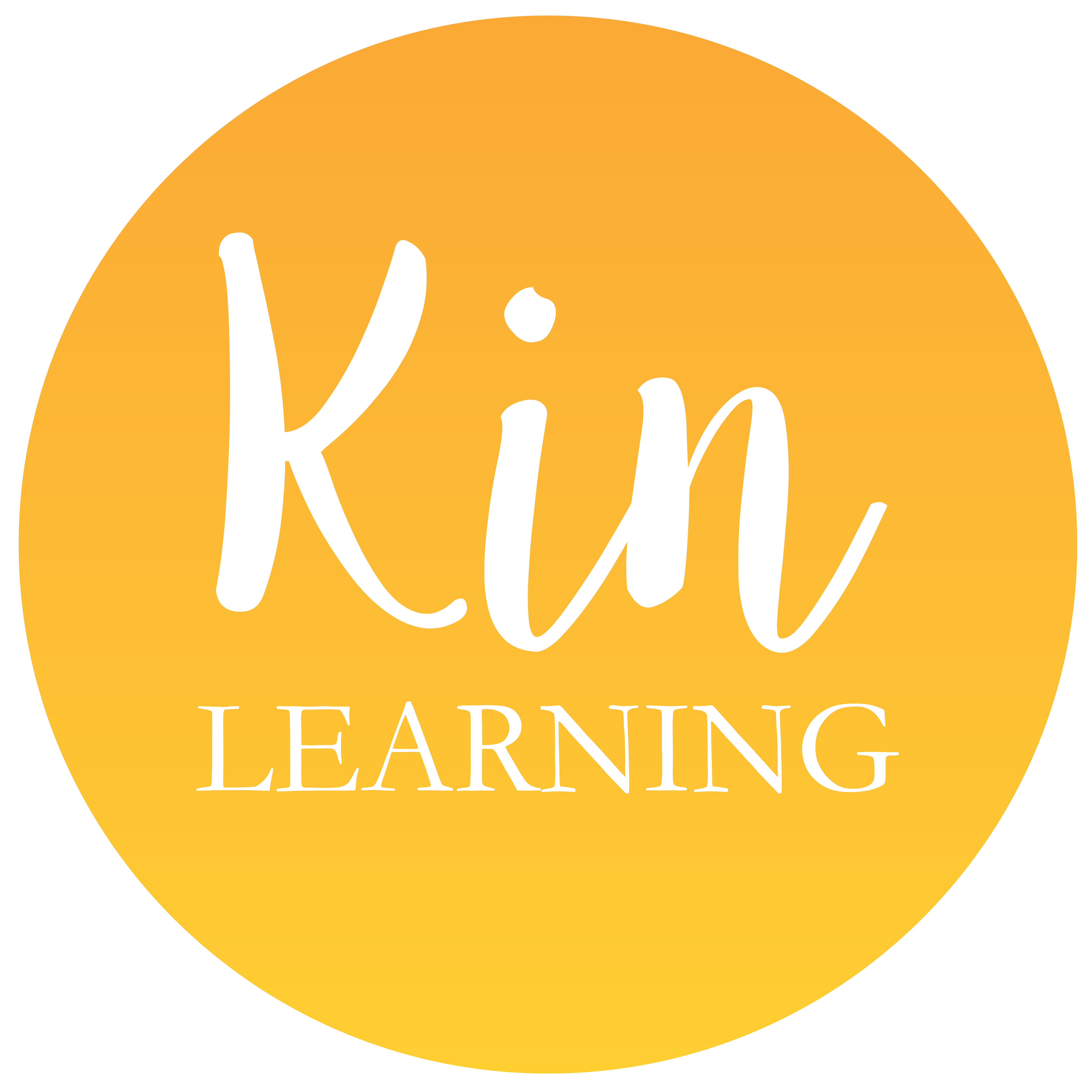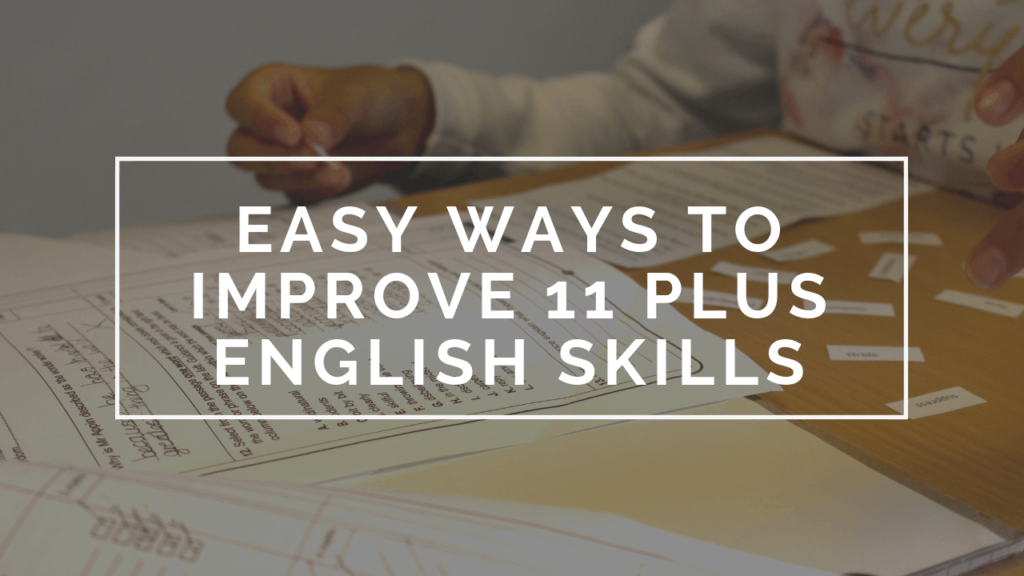Almost all 11+ exams feature an English comprehension section. Occasionally, you will encounter an exam where comprehension isn’t tested (like the Newstead exam), however, it is still essential that children have good comprehension, vocabulary and spelling skills in order to get the highest scores in verbal reasoning papers.
To prepare for the 11+ it is, of course, essential to complete assessment papers regularly. Most likely, you will be using Bond or CGP books for this purpose. Whilst it’s important to continue with this, parents often ask us if we can provide tips to bring their child’s English a little bit further along. We’ve put together some tips on the little things that parents can do to ensure that children are getting the maximum benefit from the work they do at home.
Please do remember that you don’t have to sit with your child throughout their homework period – encouraging them to study independently is hugely important. These tips are designed to be carried out once or twice a week – or even every two weeks, if you don’t have time – in order to give your child an edge in their 11+ exams.
Hear your child read
Parents often forget that children need to continue to practise reading aloud, even once they are capable of reading independently. Many students master their phonics during Key Stage 1 but forget these essential skills as they get older. From here, they start to guess when they encounter new words.
Even children that are good at sounding out words can benefit from reading aloud occasionally. This will give you the chance to correct your child’s pronunciation of words, and will also provide an opportunity to test your child on vocabulary that they may have breezed over before.
When reading a passage together, remember to discuss phrases and idioms too. For example, if a text says that “Rita was all fingers and thumbs” does your child know what this actually means?
Discuss books and passages
Summarising a passage and recalling information is a useful skill for the 11+, particularly for students that may have an interview as part of the process (more common for private schools).
Here are a few questions that you can ask your child about a book or passage they’ve read recently:
What’s happened so far?
How do you think the characters felt about that?
Why do you think the characters acted in the way they did?
What do you think will happen next? Why?
Did you learn any new words when reading the passage?
Use your discussion time as a chance to ask your child how they think characters were feeling. This develops empathy, which is not only helpful for building comprehension, but it is an important social skill too. If your child is on the autism spectrum, discussing characters’ feelings gains even more importance in helping them with everyday life.
Remember, if your child seems particularly enthusiastic about a comprehension passage, this might be a good opportunity to find the book so that they can read the entire story. One of our eleven plus students enjoyed reading The Phantom Tolbooth as a result of reading a passage in a Bond book.
Work on Spellings
Once your child has finished their English homework for the week, have a quick look through for 3-4 words that they’ve spelt incorrectly. Try to focus primarily on “high frequency words” (words that come up often in everyday language). Add these words to a spelling list in your child’s book and try to test them on these spellings a couple of times a week. Once your child has mastered these spellings, leave them for a few weeks but do revise them occasionally.
When getting your child to practise spellings, use the “Copy, Cover, Write” method:
First of all, your child should copy the correct spelling exactly.
Next, they should copy the correct spellings and try to write the word from memory.
Finally, they should try to write the word from memory again.
This is a quick activity that doesn’t take much supervision. Just remember to check in on the spellings occasionally to make sure that your child is writing the word correctly – children can make mistakes even when copying the word directly.
Work on Vocabulary
We put a lot of emphasis on vocabulary but it is for good reason – it really does make all the difference to children’s comprehension and general 11+ scores.
Be sure to keep a vocabulary list for your child. Existing Kin Learning pupils will already have a “Word Bank” at the back of their books. Encourage your child to add to this list when they don’t know a word and to look the definition up in the dictionary. Occasionally, give your child an oral test on a random selection of these words.
For more tips on building vocabulary, click here to view our blogpost and tutorial video.
Improve General Knowledge
Sound general knowledge gives children an understanding of the context around a passage and therefore assists with comprehension. Life experiences such as visits to historical sites and landmarks, maintaining hobbies and even watching television (yes, really) can improve children’s general knowledge.
Some of our pupils watch the Horrible Histories programmes, which has helped to give them a better understanding of historical texts. Reading a variety of written materials, from magazines to instructional texts, can also add to children’s knowledge of the world.
If you’d like to give your child some targeted work on general knowledge, you may find the Illustrated First Aid in English helpful. This book contains lists of little known facts, such as the names of animal young, little known collective nouns (like a skulk of foxes or a paddling of ducks) and even sounds (they’ll learn that an engine can purr, splutter and throb). The First Aid in English can also be a great reference book for children that are completing creative writing tasks.
Key Resources
Root Words, Prefixes and Suffixes List
We’ve put together a list of 50+ roots and affixes and 175 frequently used words. These words are featured frequently in 11+ English and verbal reasoning questions. Learning these will help your child to better understand the texts they read.
A good children’s dictionary is essential when your child is learning vocabulary. A children’s dictionary will have definitions written in a way that your child can understand. Try the Oxford Primary Dictionary if you haven’t got a dictionary already.
Wordier Illustrated Flashcards
The Illustrated First Aid in English

